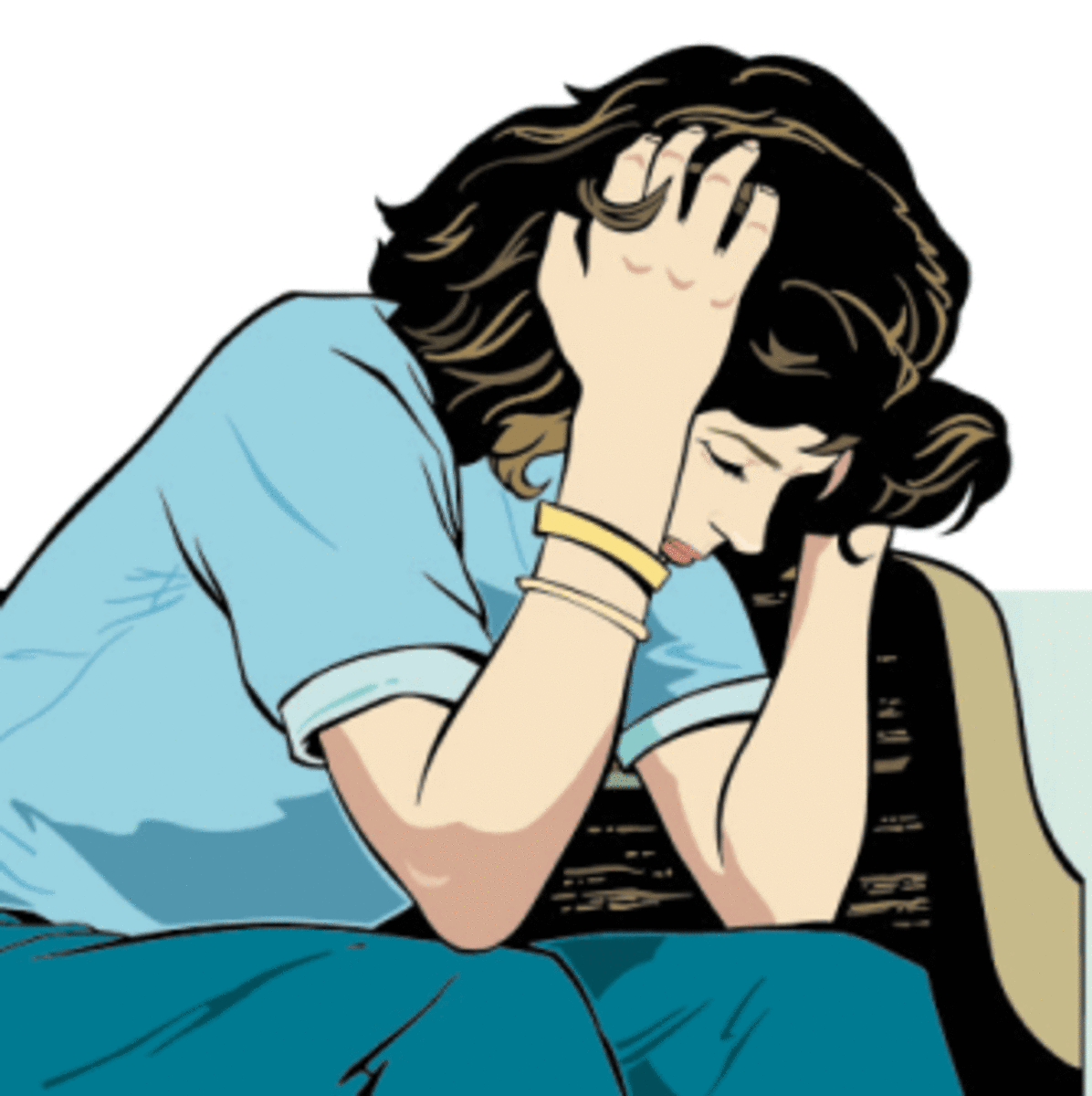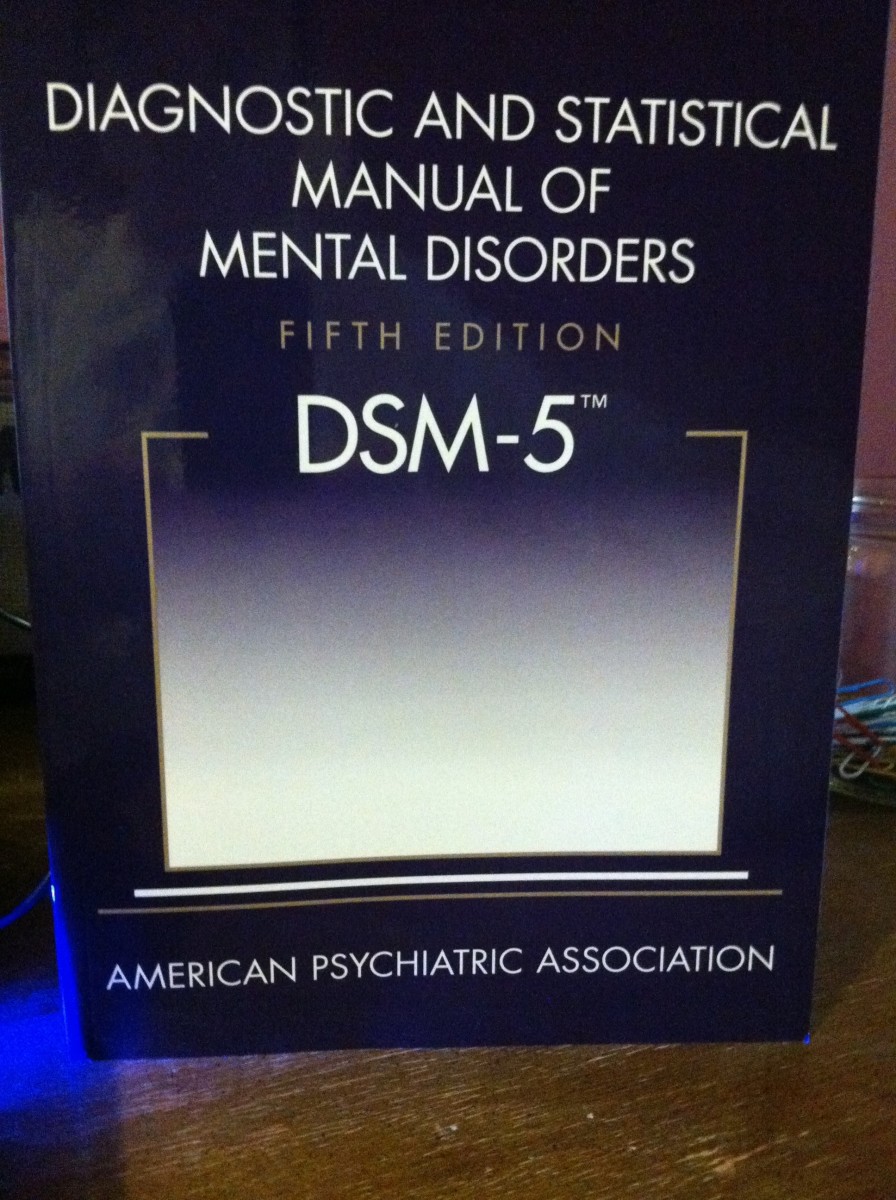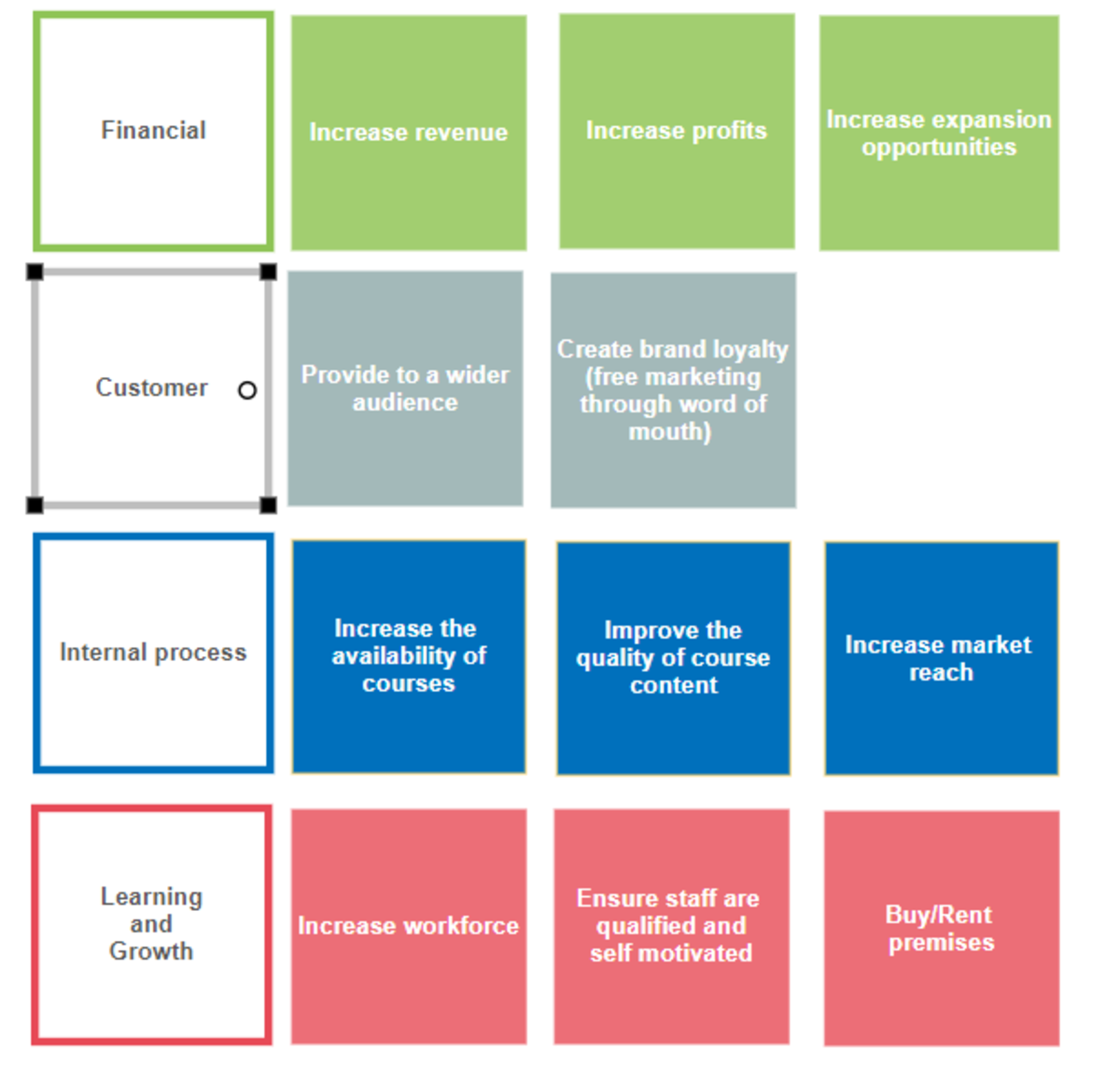Should Unregulated Mental Health Courses Allow a Therapist to Practise?

The benefits of studying Mental Health Courses online
A quick Google search of 'Home Study courses' reveals around 421,000,000 results. By slightly adjusting the search to read 'online mental health course', I'm still seeing 272,000,000! Astounding but hardly surprising - Online Learning is big business these days and its popularity just keeps growing!
The student benefits of Home Study include:
Convenience - Being able to study around work and family commitments.
Cost - Studying online reduces overheads for the course providers, keeping the cost of courses down. In addition there are many online learning providers that allow the payments to be spread over the duration of the course.
But why study a Mental Health Course online?
Mental Health covers a vast amount of topics and specific interests vary from person to person. Finding a course related to the particular topic is easy to achieve using online searches.
Some people have prior personal experience and wish to help others. For example, a person specialising in drugs counselling may have previously battled drug addiction successfully themselves through therapy, so wish to pass on their knowledge and support.
People already working in the Mental Health Sector may choose to study a Mental Health course online, linking practical experience with theory from their online course.
Online Mental Health qualifications Acceditation and Professional Membership
To receive accreditation for the chosen qualification, the learner has completed coursework and exams, (if any). The work has been accepted and approved by an awarding body. This means the student will now receive an official certificate, issued by the course provider, detailing exactly what they have studied, along with their results and grades.
Accreditation is very important. All learning organisations will expect their students to meet their minimum standards of competency before handing over a certificate. If a student has been accredited, it means they have understood course expectations, adhered to the guidelines and completed all necessary work.
The difficulty someone might have, is understanding what is meant by professional accreditation and whether their qualification is regulated or unregulated. This article will help to explain where the confusion lies and I will provide examples to assist.
Psychotherapy & Counselling Distance Learning Course
For the first example, I will use The School of Natural Health Sciences (SNHS). They offer an extensive range of holistic therapy courses. For the purpose of this example, I have randomly picked one of their advertised courses - 'Psychotherapy & Counselling'.
In October 2018, the cost to study this course is £135 self-study, or £295 for tutored support.
The SNHS's Distance Learning Diploma in Psychotherapy and Counselling consists of 10 lessons. There is no set time to complete the course. Guidelines taken from their FAQ page suggest, on average, students take approximately 200 hours to complete this type of course - that being non-advanced, and with no need for 'hands on' practical work.
A Learner studying just 4hrs per week could complete this course in less than one year! But imagine if the Learner has a lot more time on their hands and can devote 4 hours per day during weekdays? Studying 20 hours per week could see them complete this course in just 10 weeks!
Once complete, the student receives a diploma issued by the SNHS and their website mentions that the course is accredited.
When reading further into accreditation, it states the qualification is accredited by 'external bodies'. External bodies are independent organisations. Included in their list of 'Independent Accrediting Bodies' are:
- IICT - The International Institute for Complementary Therapists
- ICHM - The International College of Holistic Medicine
- AADP - The American Association of Drugless Practitioners
- PHPA - Professional Hypnotherapy Practitioners Association
- ACONT - The Australian Committee of Natural Therapies Inc.
- BHMA - British Holistic Medical Association
What happens once a learner joins an Independent Accrediting Body?
Once the Distance Learning course is complete, the student is eligible to join one or more of the Independent Accrediting Bodies, depending on the location they will practise in and the benefits each Accrediting Body can offer.
The International Institute for Complementary Therapists (IICT) offers professional membership in 26 Countries. Joining the IICT awards the applicant an 'Internationally Recognised Membership Certificate', a discount for Practitioner Insurance, stationary kit downloads and many other benefits that will help kick-start their career.
The International College of Holistic Medicine (I.C.H.M.) is an alternative with similar benefits. Membership to the I.C.H.M. also includes a certificate that can be shown to future clients or added to the Therapist's treatment room. The I.C.H.M. also offers guidance and 'preferential rates' for Professional Liability Insurance which is legally required in most Countries.
Purchasing a membership package with the I.C.H.M. entitles the applicant to receive a membership card, proving they are a bone fide therapist. The card displays the Therapist's Identification including their passport-sized photo and membership details. Becoming a member allows the applicant to use the letters M.I.C.H.M after their name.
What are Regulated and Unregulated Qualifications?
Taking a qualification that is accredited by an 'Independent Accredited Body', such as those I listed above, means your qualification is classed as an Unregulated Qualification.
A regulated qualification is one that has been accredited by a regulatory body, such as OFQUAL.
Does this mean the student is unable to practise with an Unregulated Qualification?
The answer to this question is Yes and No!
Joining one of the 'Independent Accrediting Bodies' that I mentioned earlier, invites the Learner to purchase Public Liability Insurance and once obtained, they can practise privately.
However, whilst they may be able to open their own private practise and offer their Mental Health therapy skills to members of the public, they will not be able to apply for a job in an Organisation that requires regulated qualifications, such as the NHS.
If the qualification taken is not a regulated qualification, it is not recognised or approved for many professional job applications.
Depression Counsellor Diploma Course
Using another example, this time from Course Provider 'Centre of Excellence', I chose the 'Depression Counsellor Diploma Course', currently on special offer at £127.
The details suggest this course would benefit someone who wishes to begin a career in Counselling, with a focus on depression. Like the SNHS, there is no time limit to complete the course. It should take up to 150 hours of study.
On completion, this qualification not only awards you a Diploma from the Centre of Excellence, you are entitled to 150 CPD Points (Continuing Professional Development points), and will receive a separate certificate for your records.
CPD points are valuable and necessary for professionals as they show you continue to update and improve your skills and knowledge. CPD points are often a necessity for certain careers, including Mental Health Professionals. However, whilst highly recognised, CPD points alone do not prove the Learner has any practical experience or has taken a regulated qualification.
This particular course has been accredited by the CMA (Complimentary Medical Association) and once the course is complete, the student will gain membership to the CMA.
Like the other 'independent bodies', the CMA offers insurance and guidance for Practitioners, along with the opportunity to advertise their Therapy on their website.
I use the 'search' facility on the site, adding a specific type of Counselling service I require, and within a certain distance from my home location. The results led me to four people advertising as 'fully qualified counsellors'.
One would expect a 'Fully Qualified Counsellor' to be a member of the BACP (British Association for Counselling and Psychotherapy), but all four Counsellors were only members of the CMA. This suggests, but does not prove, that they may hold unregulated qualifications. But to an unsuspecting vulnerable patient, they may only read 'Fully Qualified Counsellor'.
Morally, it seems totally wrong that I can take the Depression Counsellor Diploma Course, gain membership to the CMA and list myself as a 'Fully Qualified Counsellor'. Legally however, I can do just that!
Would you consider visiting a Therapist with no prior practical experience?

Summary
When researching Mental Health Client reviews, not only are clients being exploited by unqualified counsellors, their counselling has proven to be counterproductive and damaging.
Due to there being a lack of legal framework relating to the regulation of qualifications in Mental Health, anyone can complete a distance-learning course and offer their services as a Therapist, both online and face-to-face.
Regardless of whether the course took 10 weeks and offered no practical experience, the Therapist is within their rights to advertise and promote their skills. They can charge a willing client what they like! A client that is likely to be particularly vulnerable and desperate.
And it's all perfectly legal!
Sources
(www.accreditedqualifications.org.uk
Bulman, May. (2018, January 13). Mentally ill Exploited by unaccredited online Counselling. Retrieved from https://www.independent.co.uk/news/uk/home-news/online-counselling-therapy-mental-health-mentally-ill-exploited-unaccredited-nhs-a8123131.html
https://register.ofqual.gov.uk
Strudwick, P. (2014, February 14). We can’t leave mentally ill people at the mercy of untrained therapists. Retrieved from https://www.theguardian.com/commentisfree/2014/feb/24/mentally-ill-people-at-mercy-of-untrained-therapists
This content is accurate and true to the best of the author’s knowledge and does not substitute for diagnosis, prognosis, treatment, prescription, and/or dietary advice from a licensed health professional. Drugs, supplements, and natural remedies may have dangerous side effects. If pregnant or nursing, consult with a qualified provider on an individual basis. Seek immediate help if you are experiencing a medical emergency.
© 2018 Jennifer Moore








